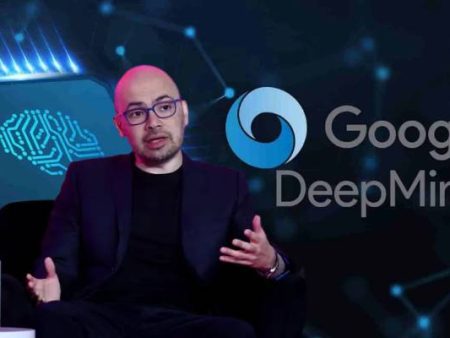Amazon Web Services is turning up the heat in the AI race. The cloud giant has handpicked 40 startups from across the world for its 2025 Generative AI Accelerator (GAIA) program — a move that feels less like corporate philanthropy and more like a strategic power play.
These companies will spend the next eight weeks refining their products, scaling infrastructure, and pitching to investors, all under the watchful eye of AWS engineers and business mentors.
You can catch the full announcement of how AWS selected 40 startups for its 2025 Generative AI Accelerator, which signals a major push to shape the next generation of AI-first businesses.
This year’s accelerator — launching at Amazon’s Seattle campus — promises access to up to $1 million in AWS credits, a global mentorship network, and a showcase at AWS re:Invent 2025 in Las Vegas, where founders will present their models and products to industry heavyweights.
The cohort spans five regions — North America, Europe, Asia-Pacific, Latin America, and the Middle East — and includes startups working on everything from domain-specific LLMs to AI safety frameworks.
AWS described it as “a mission to scale innovation responsibly,” which you can read more about in the company’s official announcement of the 2025 program.
Among this year’s selected startups are India’s Hyperbots, Smallest AI, and Stimuler, each focusing on unique generative applications — from voice-based automation to adaptive learning platforms.
These were part of a regional selection that included ten startups from Asia-Pacific and Japan, a sign that AWS is doubling down on markets where demand for AI infrastructure is exploding. L
ocal media also reported that AWS handpicked the Indian startups as part of its 2025 generative AI expansion, reinforcing how the subcontinent continues to punch above its weight in global AI innovation.
The selection criteria this year leaned toward startups tackling “deep infrastructure challenges” — not just building apps, but redefining how AI is trained, deployed, and trusted.
For instance, South Korea’s Trillion Labs and RLWRLD Inc. are developing localized LLMs capable of real-time cultural adaptation, one of several international entrants joining through AWS’s new support network for Korean AI research and commercialization.
The inclusion of such regionally specialized projects suggests AWS is less focused on the next ChatGPT clone and more interested in real-world, enterprise-grade applications.
It’s not lost on anyone that this announcement comes as cloud rivals Google and Microsoft ramp up their own accelerator programs.
But AWS has one thing going for it — reach. Its existing infrastructure powers thousands of generative AI experiments already, and this accelerator gives them a chance to formalize that dominance.
Analysts have noted that AWS’s US$1 million investment per startup is a signal that Amazon isn’t content just renting cloud space — it wants to build an ecosystem where innovation happens on AWS by default.
I’ll be honest, though: accelerators like this are hit-or-miss. Some startups will rocket; others will fade before the ink dries on their seed rounds.
But the big picture is undeniable — the center of gravity in generative AI is shifting from research labs to commercial reality.
And AWS, with its colossal infrastructure and deep pockets, is betting that the next big AI breakthrough won’t come from Big Tech — it’ll come from one of these 40 hungry startups.


